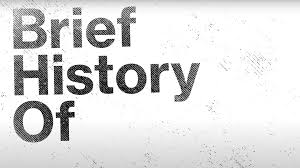One of the hardest things to deal with when a loved one dies because of someone else’s negligence is the fact that they died “out of order”, or sooner than they should have. This is hard to cope with because we have deeply ingrained emotions and beliefs that we and our loved ones will live to a ripe, old age before the sun sets on our lives. And, usually, the definition of “old” gets older the closer you get to it. In the Tri-Cities, and in the United States, one of the most common ways that a loved one dies

A Brief History
In common law countries such as the United States and Canada, pursuing a claim for wrongful death, or a fatality caused by the negligence or otherwise wrongful act of another, was not possible. This was the case because the deceased had no legal rights under

